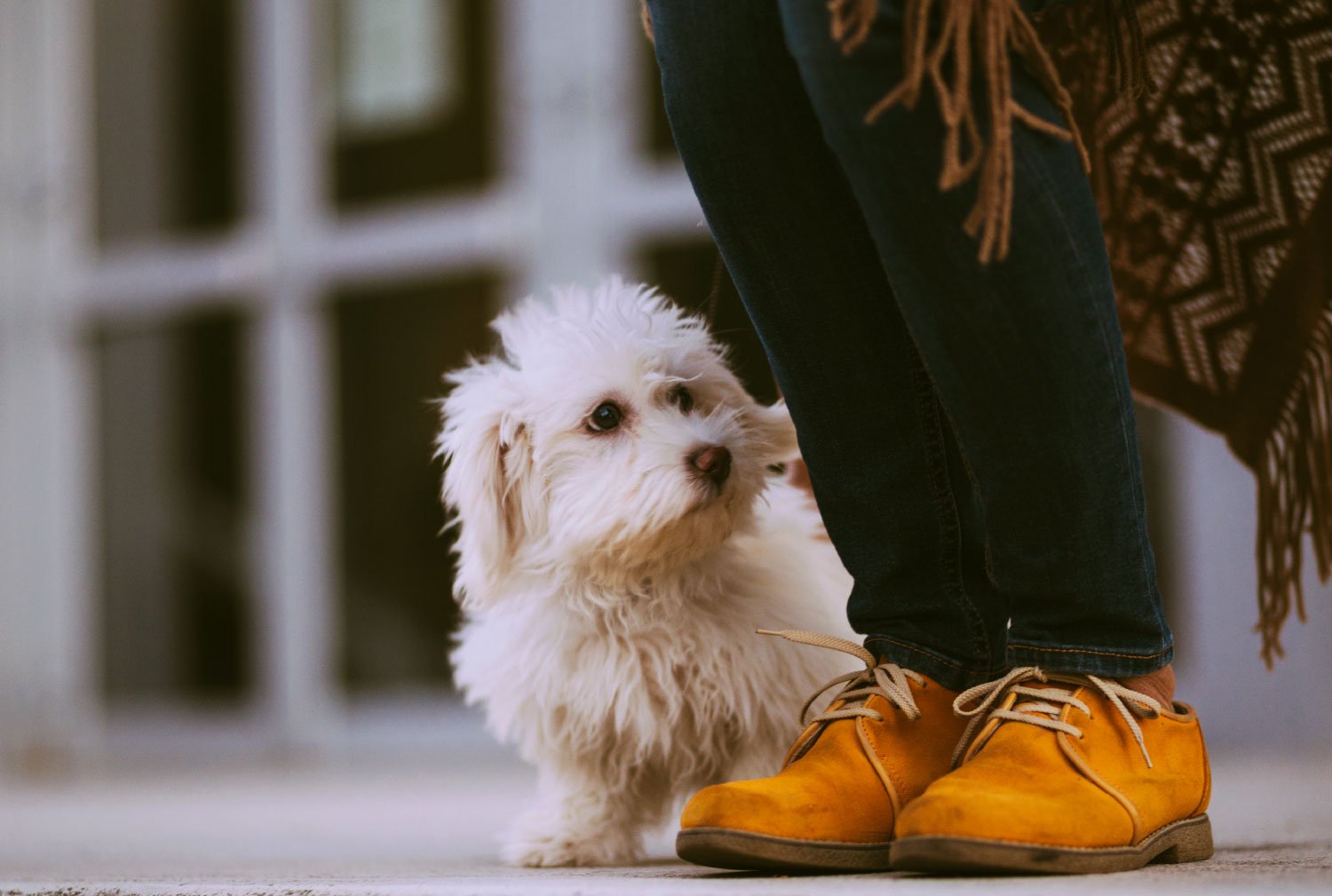THINGS WE DO

PET DIAGNOSTIC ENDOSCOPY
At Evervet, we understand that your pets are cherished family members, and their well-being is our top priority. Our compassionate approach to endoscopy and all veterinary procedures ensures that your pet receives the best possible care. If your pet requires an endoscopy, our experienced veterinarians will explain the process, answer any questions you may have, and provide all the support needed to make the experience as stress-free as possible for both you and your pet.

What is an Endoscope for Pets?
Endoscopy is a minimally invasive pet diagnostic procedure used to examine the internal organs and structures of your beloved pets. It involves the use of an endoscope, a flexible, slender tube equipped with a camera and light source. The endoscope is gently inserted into your pet's body through natural openings or small incisions, allowing our experienced veterinarians to visualise and evaluate the affected area without the need for invasive surgery.

Why does my pet need an Endoscope?
Pets may need endoscopy for various reasons. It is a valuable tool for diagnosing and treating gastrointestinal issues, respiratory problems, and other conditions affecting the digestive and respiratory systems. Cat and dog endoscopy enables us to directly visualise the internal organs, take biopsies for further analysis, and, in some cases, perform therapeutic procedures.
Common Endoscopy Procedures
At Evervet, we offer a range of endoscopy and pet pathology procedures to address different health concerns in your pets, including:
Gastrointestinal Endoscopy: To evaluate the oesophagus, stomach, and intestines for abnormalities, foreign bodies, and signs of inflammation.
Bronchoscopy: To assess the airways and lungs, aiding in the diagnosis of respiratory conditions and the removal of foreign objects.
Rhinoscopy: To examine the nasal passages and sinuses, helpful in diagnosing nasal issues and infections.
Cystoscopy: To inspect the urinary bladder, urethra, and ureters, useful in diagnosing urinary tract problems.
Potential risks of an Endoscopy?
Endoscopy is generally considered safe for pets. It is a non-invasive pet diagnostic procedure that minimises the risk of complications and reduces recovery time compared to traditional surgery. However, as with any medical procedure, there are potential risks, such as minimal bleeding, irritation, or perforation of the tissues. Rest assured that our caring and skilled team takes every precaution to ensure your pet's safety and comfort during the entire endoscopy process at our pet pathology lab.
MORE OF
WHAT WE DO

Be forever







